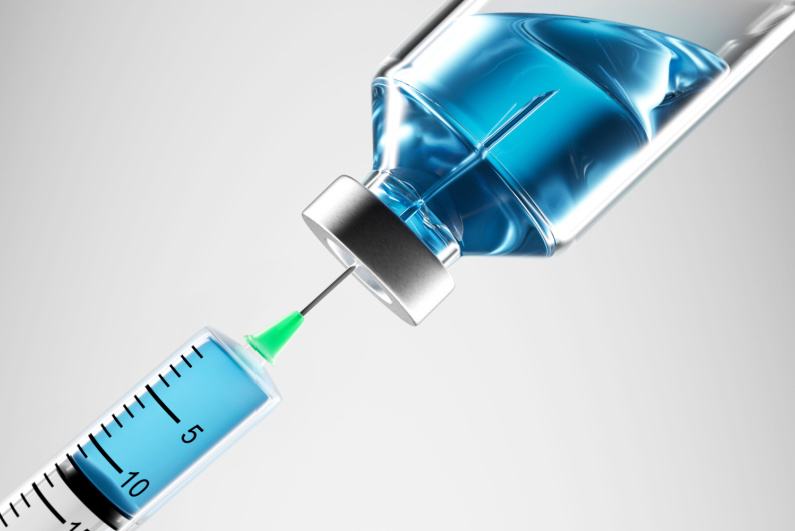It may help gamblers
Ozempic, proclaimed as a “wonder drug” that has helped millions of people lose weight, may also help curb addictive cravings such as gambling.
A number of anecdotal reports indicate that the active ingredient, semaglutide – which was primarily created to treat diabetes – reduces a person’s cravings. This can range from food and smoking to alcohol and even gambling.
gambling now seemed like a “waste of time”
One Reddit user, who started taking the injected drug at the beginning of 2023, described it as a “literal miracle” after seeing their gambling addiction subside. They said gambling now seemed like a “waste of time” after taking the drug. Another said their “gambling addiction is off the table” after taking Ozempic for seven months.
Reduces dopamine release
Ozempic’s effectiveness is, scientists believe, down to the role that dopamine plays, which rewards addictive and compulsive behavior. Through studies, it has become apparent that semaglutide reduces the release of dopamine in a person’s brain, weakening the association between addiction and pleasure.
While anecdotal reports highlight how semaglutide can help reduce a person’s food cravings or alcohol intake, they also illustrate the potential this drug has for furthering the treatment of gambling addiction. However, the data from human trials is extremely limited when it comes to gambling.
More study needed
Primarily created for the treatment of diabetes, semaglutide binds to receptors in a person’s body and initiates a response. The drug triggers the pancreas to produce a hormone called glucagonlike peptide–1 (GLP-1), which is normally created when food is eaten. When the levels of GLP-1 rise, it signals to the body that it’s full and reduces food cravings.
the strongest evidence for these effects lies in animal studies
For now, the strongest evidence for these effects lies in animal studies, mainly that of mice and rats when research was undertaken regarding alcohol and surgery drinks.
It’s not known if semaglutide reduces cravings and reward pleasure too much and whether this could affect people’s moods and emotions. In animal studies, it found that GPL-1-agnostics didn’t affect the overall mood.




